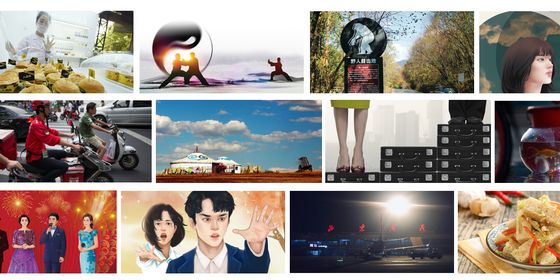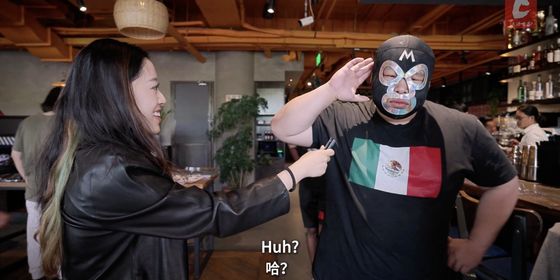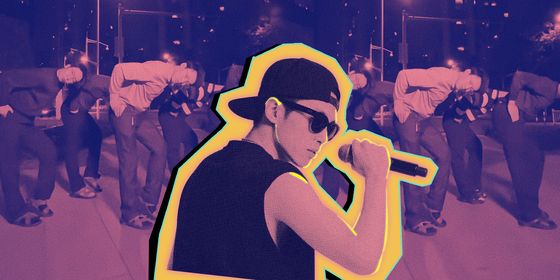What did you read from our magazine and website this year?
We made it! After an eventful 12 months of pandemic concerns, as well as more lighthearted headlines about burglaries and scams gone awry, TWOC would like to wrap up the year by looking back at the most widely read stories from our own magazine and website in 2020—and thank all of our readers for joining us on the journey.
Happy 2021, and see you with more great content next year!
A Chinese proverb goes, “A full night’s sleep is better than taking ginseng (吃人参不如睡五更),” showing that sleep was historically considered important for one’s health. From xi (席) mattresses to “shelf beds (架子床),” we look into the tools and practices that helped ancient Chinese sleep.
When the Hakka people migrated to southern China, the lack of flour for making traditional northern dumplings inspired them to cook with niang (酿) technique: stuffing meat into other ingredients, such as tofu or bitter melon.
Expressing romantic feelings with words has always been in vogue. Even in the ancient China, before there were cheesy posters one could share on WeChat, people wrote to and of their love in poems and other forms of literature. This post lists some of the most romantic verses from classical Chinese poetry.
The ongoing Covid-19 pandemic has been compared to many previous outbreaks, including the H1N1 “swine flu,” SARS, and the 1918 “Spanish flu.” But the outbreak with most parallels to today is arguably the long-forgotten 1957 pandemic, caused by the H2N2 virus. It caused university shutdowns and was eventually traced back to Guizhou province, and wasn’t controlled until a vaccine was developed in late 1957.
6. Counseling During Coronavirus
Back in February, a survey by the Chinese Psychology Society found that 42.6 percent of 18,000 respondents showed signs of anxiety related to the Covid-19 outbreak. Of the 14,000 who have been tested, 16.6 percent might have serious depression. We talked to mental health workers about the psychological impact of the virus among Chinese under quarantine.
Friendship was a key theme in Chinese literature, with a variety of chengyu describing the bond between historical and fictional figures. Besides those four-character idioms, verses describing friendships (and frenemies) were favorites of China’s poets, and many of them are still widely known today.
We take a look back at the colorful world of cursing in Chinese history, and introduce some of the best insults for those moments when you need to let rip—including a zinger from Confucius himself.
A poetic message, “Lands apart, sky shared (山川异域, 风月同天),” was written on boxes of donations that the Japan Youth Development Association sent to the coronavirus-stricken Hubei province back in late January. It comes from a seventh century Buddhist hymn titled “Embroidered on Kasaya Robes for Good Karma,” which a Japanese prince in Nara sewed unto robes sent in friendship to the Tang emperor in China. In this post, we look at the meaningful messages found on Japanese coronavirus-relief packages, and their origin in the long history of Sino-Japanese cultural exchange.
2. Listen Up!
A list of excellent podcasts related to China to keep you up-to-date during the morning commute, when you work out, and whenever you’re on the move.
1. Wuhan Trivia
Before it became the center of China’s Covid-19 outbreak, the capital city of Hubei province was famous for sparking revolutions, crazy drivers, and breakfast foods like “hot dry noodles (热干面)” and “tofu skin (豆皮).” TWOC’s most read post of 2020 showed there is more to “China’s Chicago” than meets the eye.












